|
“Too much noise,” said Mr. Flibberty-Jib.
“Not enough roast beef,” said Mrs. Flibberty-Jib. “And you don’t wear your mittens.” They moved from the loud city to the countryside in hope of quiet. The noise of roosters and tractors drove them back to the city, where Mr. Flibberty-Jib finally ate more roast beef and began wearing his mittens.* Urban-rural contrasts are a staple of folklore and children’s picture books. Aesop’s ancient fable of the city mouse and the country mouse has been retold in many forms over the centuries. The distinct rewards and challenges of each way of life become evident as one mouse visits the other. These days I hear travelers back from road trips aghast at the lawn signs they saw along the way. Urban and rural areas differ sharply in the political views that predominate. Did no one grow up hearing fables in which city and country mice meet, converse, and begin to understand each other’s perspectives, instead of just driving by? *As best I remember it, from Gertrude Crompton, Noises and Mr. Flibberty-Jib, 1947. Image: Arthur Rackham’s illustration in Aesop’s Fables: A New Translation, 1912.
0 Comments
Another school year is upon us, inviting more debate about what to teach and who gets to decide. I’m nostalgic for the way my high school teachers had us memorize portions of the Declaration of Independence, the Preamble to the Constitution, and the Gettysburg Address. Such texts would provide a shared basis to argue the role of government. Unfortunately, I don’t think abandoning memorization is what traditionalists mean when they decry historical revisionism. Their nostalgia is for school days when America was always best and only white men mattered.
The past doesn’t change, but our understanding of it does. Historians find new evidence and ask new questions. Not every new finding can be added to every class. Life is too short; judgment calls are unavoidable. Geography, grade level, and current events may properly influence what to emphasize. But to suppress new findings because they challenge the accuracy of what we were taught long ago is to lie by omission. “All history is revisionist,” historian James M. Banner Jr. wrote in Humanities magazine. No history can be purely objective. Even a simple medieval chronicler had to decide which events to list and how to describe them. The job of historians is to study and interpret evidence, which is almost always incomplete. Facts can never speak for themselves. To treat the history in our childhood textbooks as the one true story—and any reinterpretation as heresy—is to equate history with the unchanging past. It’s a fantasy to think such history is even possible. Is it my imagination, or are we starting to hear of Covid-19 in the past tense? Friends mention “normal” as just around the corner. Sports, restaurants, and concerts are back. I see few masks and little distancing outside cities.
Some people’s “normal” looks back to an idealized past from before 2020. Some people’s “new normal” looks to a romanticized future in which buildings are well ventilated, frontline workers are respected, and hugs require consent. Other people’s normal can work in my favor. In the initial pandemic lockdown, an online grocery order had to be placed a week in advance. Now that most of my neighbors shop in person, I can pick up groceries two hours after I order them. My personal normal is less about past or future than how things are right now. I may avoid crowds, mask in public indoor spaces, and get regular Covid boosters for the rest of my life. Variants are increasingly infectious. Health or age makes infections dangerous to me and many folks I interact with. My normal is to live and let live: do my best to stay happily alive and help others do the same. Image: Julius Caesar Ibbetson, Sailors Carousing, 1802. Celebration in an unspecified Portsmouth tavern after one or more ships have been paid off. Royal Museums Greenwich. We’re in the throes of another election season. Candidates and voters deny election results from 2020 or from recent primary defeats. Meanwhile, Covid-19 responses add to a long history of science denial, in the tradition of the Flat Earth Society or nineteenth-century doctors’ refusal to wash their hands.
Perhaps some people can’t stand the tension of beliefs that conflict with their wishes. Perhaps some haven’t heard the factual evidence. Perhaps some spread lies deliberately for profit, ratings, or votes. But top factors in the appeal of denialism surely include belonging and distrust. To be shut out from community because of differences of belief brings pain. We’re influenced by those around us not only because we think they know best but because we want and need their acceptance. If we deny evidence to stay in the group, what’s most likely to change our minds is exposure to supportive new friends with a different perspective. To feel scorned or ignored by perceived elites breeds distrust of authority. Unlike skepticism, which demands evidence, denialism rejects legal and scientific authority regardless of evidence. If we deny expertise in order to claim our equal right to an opinion, the most effective antidote might be mutually respectful conversations free from superior sneers. Richard S. Gilbert writes, “I rise in the morning torn between the desire to save the world or to savor it.” When my must-do list is completed for the day, does should-do have a claim on any time and energy left over? Or are the remaining hours mine to enjoy as uselessly as I please?
Poets offer both answers. “The people I love the best jump into work head first,” Marge Piercy writes. “The pitcher cries for water to carry and a person for work that is real.” Yet from Mary Oliver we read, “You do not have to be good. . . . You only have to let the soft animal of your body love what it loves.” Who got it right? I suspect individuals differ in what will help them heal. Saint Augustine, after years of restless promiscuity, found peace through Christian asceticism. A thousand years later, Martin Luther—a religious over-achiever whose efforts to please God never felt like enough—found peace in the idea of salvation by faith. Telling young Augustine he did not have to be good would only have worsened his struggles, but it was exactly the message young Luther needed to hear. |
AuthorI'm a historian who writes novels and literary nonfiction. My home base is Madison, Wisconsin. Archives
July 2024
|
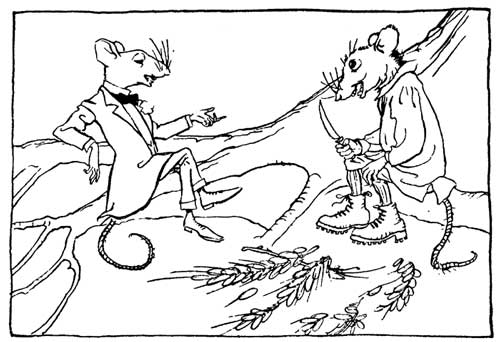
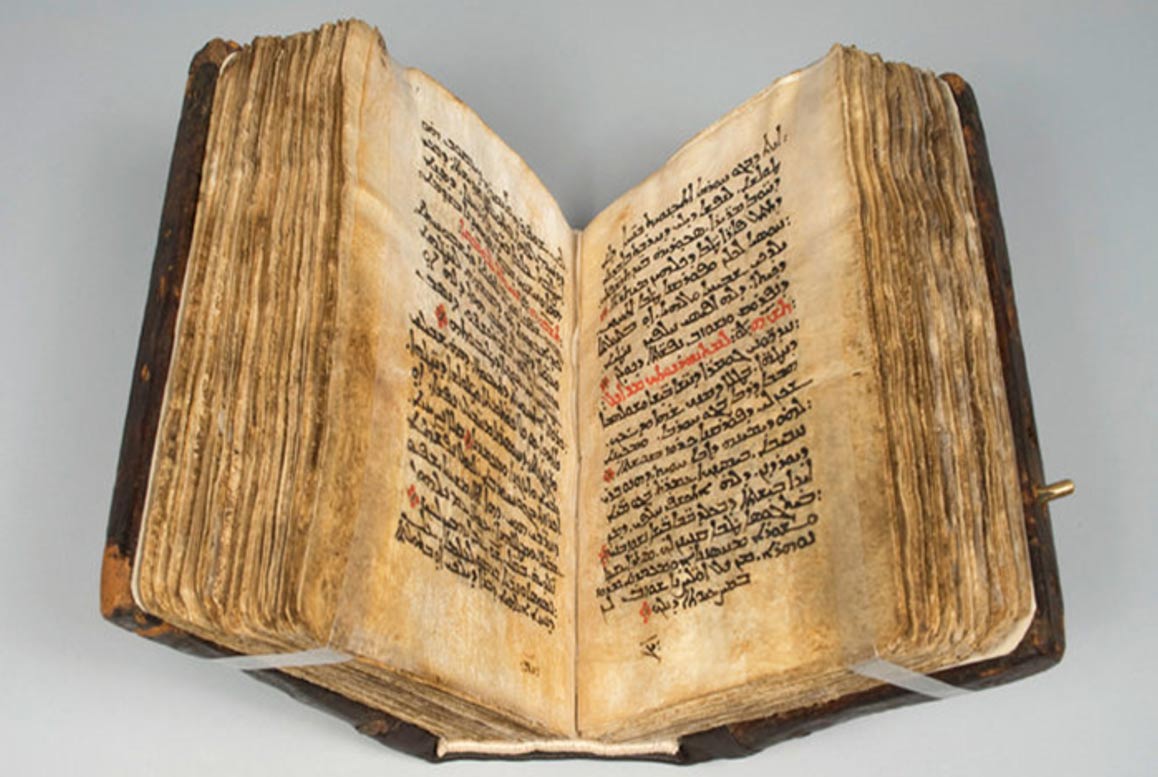
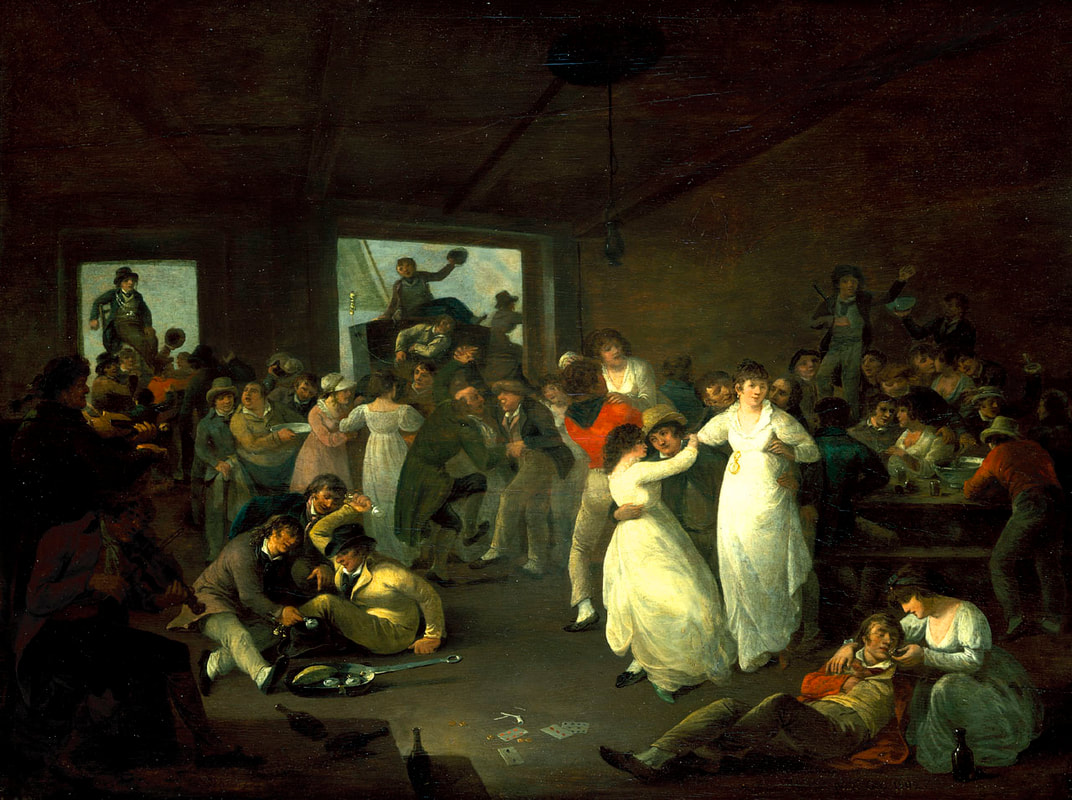
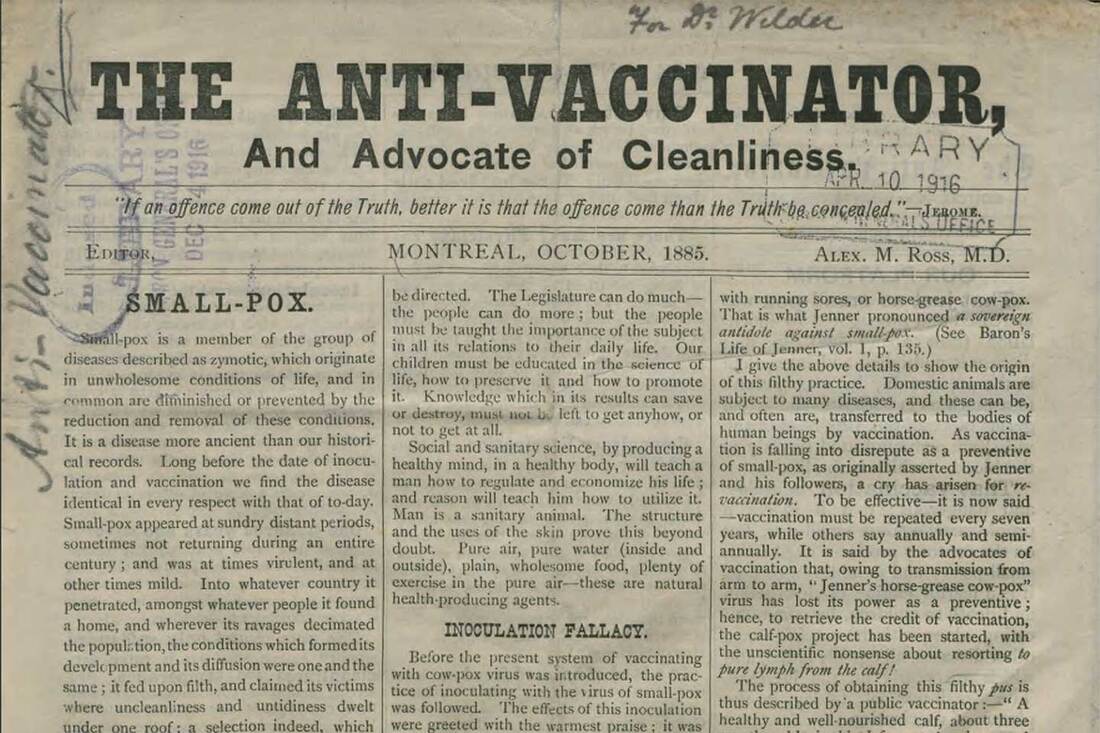
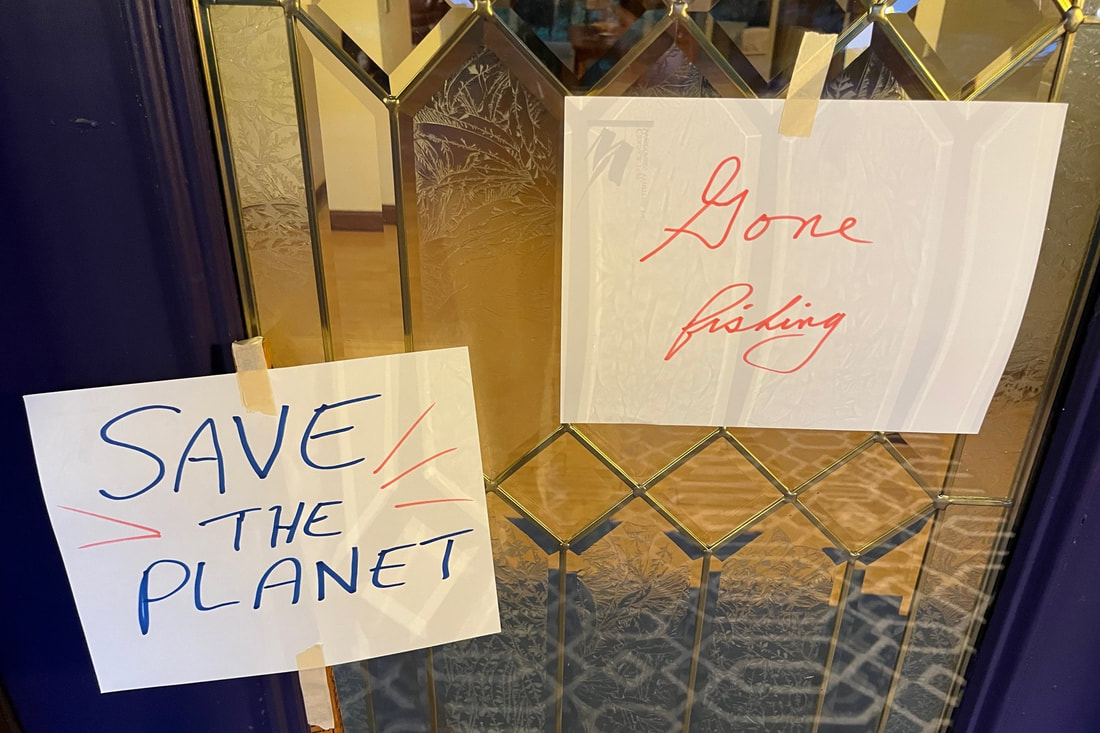
 RSS Feed
RSS Feed